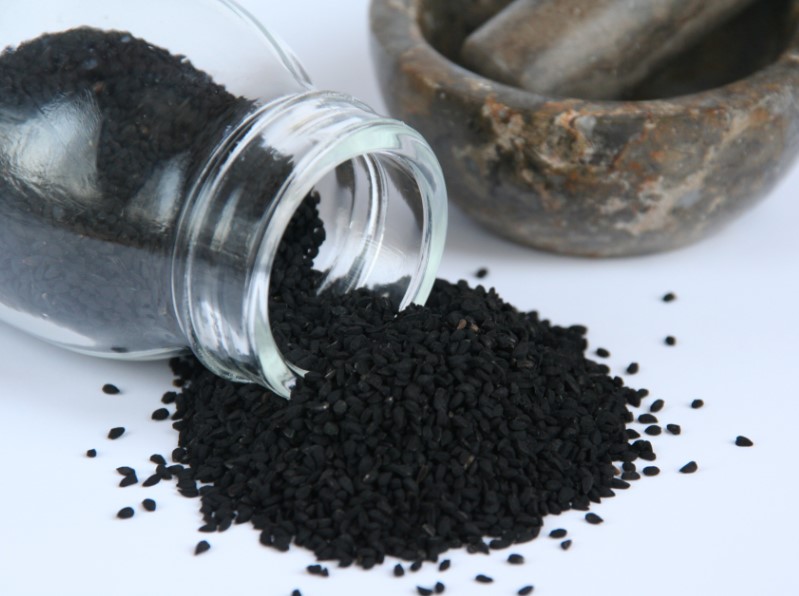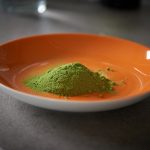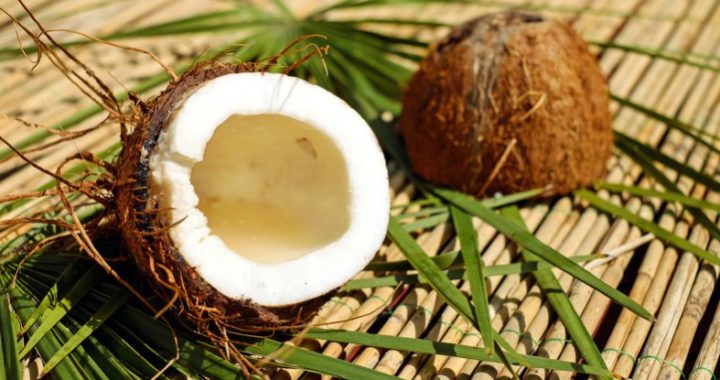Can Black Cumin Seed Oil Help with Inflammation and Pain?

Table of Contents
Black cumin oil, derived from the seeds of Nigella sativa, has been used for centuries in traditional medicine for its therapeutic properties. Among its many benefits, its potential to alleviate inflammation and pain has garnered significant attention. Rich in bioactive compounds like thymoquinone, antioxidants, and essential fatty acids, this oil offers a natural approach to managing inflammatory conditions and associated discomfort. This article examines how black cumin seed oil may help with inflammation and pain, supported by scientific insights and practical guidance for use.

Understanding Inflammation and Pain
Inflammation is the body’s natural response to injury, infection, or stress, involving immune cells that release chemicals to protect tissues. While acute inflammation is beneficial, chronic inflammation can lead to conditions like arthritis, autoimmune disorders, and persistent pain. Pain often accompanies inflammation, ranging from mild discomfort to debilitating sensations, impacting quality of life. Black cumin seed oil’s anti-inflammatory and analgesic properties make it a promising remedy for these issues.
How Black Cumin Seed Oil Combats Inflammation
The key to black cumin seed oil’s anti-inflammatory effects lies in its active compounds:
- Thymoquinone: This potent antioxidant and anti-inflammatory agent inhibits pro-inflammatory cytokines, such as interleukin-6 and tumor necrosis factor-alpha, which drive chronic inflammation. By neutralizing free radicals, thymoquinone also reduces oxidative stress, a contributor to inflammatory diseases.
- Essential Fatty Acids: Linoleic and oleic acids in the oil support cell membrane health and modulate inflammatory pathways, promoting a balanced immune response.
- Nigellone and Other Compounds: These contribute to reducing inflammation by stabilizing mast cells, which release histamine during allergic or inflammatory reactions.
Studies support these effects. A 2010 study in Phytotherapy Research found that thymoquinone suppressed inflammation in animal models of arthritis, reducing joint swelling and pain. Another study in Journal of Ethnopharmacology (2016) showed that black cumin seed oil decreased inflammatory markers in patients with rheumatoid arthritis, suggesting its potential for chronic conditions.
Pain-Relieving Properties
Black cumin seed oil may alleviate pain through its anti-inflammatory and analgesic effects:
- Reducing Inflammation-Related Pain: By lowering inflammation, the oil indirectly relieves pain associated with conditions like arthritis, muscle soreness, or injuries. For example, its ability to reduce joint inflammation can ease stiffness and discomfort in osteoarthritis.
- Direct Analgesic Action: Thymoquinone may influence pain pathways by interacting with opioid receptors or inhibiting pain-signaling molecules, as suggested by preclinical studies. This makes it useful for localized pain, such as muscle aches or headaches.
- Neuroprotective Effects: The oil’s antioxidants may reduce nerve-related pain by protecting neurons from oxidative damage, potentially benefiting conditions like sciatica or neuropathy.
A 2014 study in Pakistan Journal of Pharmaceutical Sciences demonstrated that black cumin seed oil reduced pain in animal models of chronic pain, comparable to standard analgesics, highlighting its potential as a natural pain reliever.
Practical Ways to Use Black Cumin Seed Oil
1. Oral Consumption
Taking the oil orally can address systemic inflammation and pain. A typical dose is 1–2 teaspoons daily, mixed with honey, water, or smoothies to soften its peppery taste. Start with ½ teaspoon to assess tolerance.
- Tip: Take on an empty stomach for better absorption, ideally in the morning or split across two doses.
2. Topical Application
For localized pain, such as joint or muscle discomfort, massage diluted black cumin seed oil (2–3 drops mixed with a carrier oil like coconut or almond) into the affected area. This can reduce inflammation and soothe pain in conditions like arthritis or sprains.
- Tip: Apply 2–3 times daily and cover with a warm compress to enhance penetration.
3. Incorporation into Diet
Add 1 teaspoon to salads, soups, or drizzled over vegetables to support overall inflammation reduction. Avoid high heat to preserve its bioactive compounds.
4. Inhalation for Sinus Pain
For inflammation-related sinus pain, add a few drops to a bowl of hot water and inhale the steam. This can reduce nasal inflammation and relieve associated headaches.
Conditions That May Benefit
- Arthritis: Both rheumatoid and osteoarthritis may improve due to reduced joint inflammation and pain.
- Muscle Soreness: Post-exercise or chronic muscle pain can be alleviated with topical or oral use.
- Headaches: Anti-inflammatory and analgesic effects may help with tension or sinus-related headaches.
- Chronic Pain Conditions: Preliminary evidence suggests benefits for fibromyalgia or neuropathy, though more research is needed.
Precautions and Safety
- Dosage: Stick to 1–2 teaspoons daily orally or dilute for topical use. Excess intake may cause digestive issues or low blood pressure.
- Allergies: Perform a patch test for topical use and start with a small oral dose to check for reactions.
- Medical Conditions: Consult a doctor if pregnant, breastfeeding, or managing conditions like diabetes, low blood pressure, or bleeding disorders, as the oil may interact with medications or affect blood sugar and clotting.
- Quality: Use cold-pressed, organic oil from reputable sources to ensure purity.
- Side Effects: Mild nausea, stomach upset, or rare allergic reactions (rashes) may occur. Discontinue if adverse effects arise.
Complementary Approaches
Enhance the oil’s effects with:
- Anti-Inflammatory Diet: Include foods like turmeric, ginger, and omega-3-rich fish.
- Exercise: Gentle activities like yoga or swimming reduce inflammation.
- Stress Management: Practices like meditation lower cortisol, which fuels inflammation.
Black cumin seed oil shows promise in reducing inflammation and pain due to its thymoquinone, antioxidants, and fatty acids. Supported by studies, it can benefit conditions like arthritis, muscle soreness, and headaches through oral, topical, or dietary use. While generally safe, use it mindfully, respecting dosage guidelines and consulting a healthcare provider for underlying conditions. Combined with a healthy lifestyle, black cumin seed oil can be a valuable natural tool for managing inflammation and pain effectively.










 Who is at Risk of Developing Anorexia and Other Eating Disorders?
Who is at Risk of Developing Anorexia and Other Eating Disorders?  Discover the MCT Oil Magic
Discover the MCT Oil Magic  Potential Consequences of Obsessive Compulsive Disorder
Potential Consequences of Obsessive Compulsive Disorder  A Multivitamin Every day! The Key to Overall Health and Wellness
A Multivitamin Every day! The Key to Overall Health and Wellness  Ophthalmic Examination 101
Ophthalmic Examination 101  Horrible Dangers of Untreated Periodontal Disease
Horrible Dangers of Untreated Periodontal Disease  Can Black Cumin Seed Oil Help with Inflammation and Pain?
Can Black Cumin Seed Oil Help with Inflammation and Pain?  Discover the Flavor Revolution with Lee Kum Kee Chili Crisp Oil
Discover the Flavor Revolution with Lee Kum Kee Chili Crisp Oil  Coconut Extract: The Secret Ingredient Revolutionizing Health and Wellness in 2024
Coconut Extract: The Secret Ingredient Revolutionizing Health and Wellness in 2024